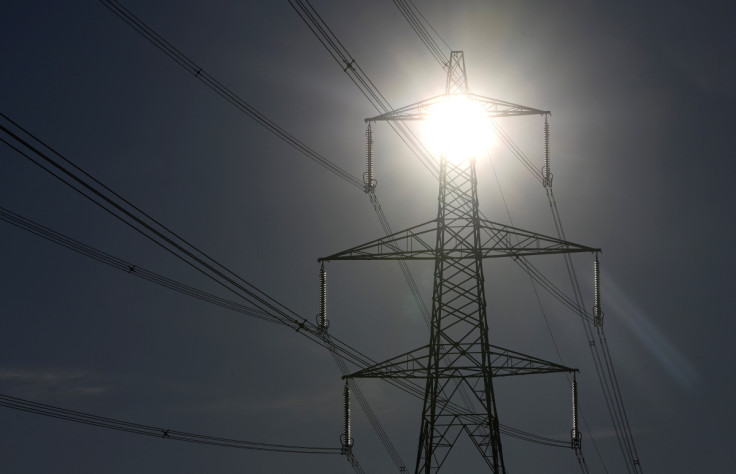
In a bid to reshape the country's infrastructure, the Labour Party has pledged to 'rewire Britain,' a commitment that has ignited a heated debate within the Conservative Party over proposed plans for new pylons.
As political tensions rise, the future of the UK's energy landscape has become a focal point, bringing to the forefront a clash of visions between the two major political parties.
Labour's ambitious proposal, unveiled as part of its broader infrastructure plan, aims to modernise and enhance the nation's energy network.
The party envisions a comprehensive overhaul that includes updating existing infrastructure, increasing energy efficiency and expanding renewable energy sources.
However, it is the specifics of Labour's pylon plans that have become a flashpoint for controversy.
Labour sources expressed their readiness to engage in the upcoming political battle, citing extensive discussions with "numerous farmers and landowners trapped in the grid queue for years".
Renewable energy enterprises encounter significant delays, waiting up to a decade to connect to the electricity grid.
This sluggish process affects local farms and businesses, with connection times in the UK ranking as the lengthiest in Europe.
Despite the urgent need to accelerate grid connectivity, concerns have emerged within the Conservative Party about potential internal discord over pylon plans.
Some Tories, including former Home Secretary Priti Patel, have raised apprehensions about the visual impact of pylons and proposed alternative solutions.
In a recent parliamentary session, Patel questioned why the National Grid couldn't be constructed in the sea, urging ministers to "build an offshore grid" and "pull the plug on these awful pylons".
Responding to her inquiry, Energy Minister Andrew Bowie acknowledged the frustration expressed by Patel's constituents but highlighted that an offshore grid would be costlier, leading to higher bills for consumers.
Notably, Patel is part of the Offshore Electricity Grid Task Force, a collective of 14 MPs actively campaigning against pylons.
This group includes Kirstene Badenoch and former Environment Secretary Thérèse Coffey, reflecting a growing faction within the Conservative Party expressing reservations about the impact of pylon installations on landscapes and local communities.
The internal party discord raises concerns about the potential impact on Chancellor Rishi Sunak's efforts to expedite grid connectivity.
As the political landscape evolves, the clash over pylon plans within the Conservative Party may influence the pace and direction of initiatives aimed at enhancing grid connectivity.
This will impact not only the renewable energy sector but also the broader debate on balancing environmental considerations with infrastructure development.
As the political debate intensifies, some within the Labour Party see the controversy as an opportunity to underscore the party's commitment to addressing the climate crisis and driving a green economic recovery.
Prominent Labour figures have stressed that the proposed infrastructure overhaul is not just about meeting environmental targets but is also a strategic investment in creating jobs, boosting innovation and positioning the UK as a leader in the global clean energy sector.
The pledge to 'rewire Britain' comes at a critical juncture when the nation is grappling with the need to transition to cleaner energy sources and address the challenges posed by climate change.
Labour's proposal aligns with a broader global trend towards investing in renewable energy infrastructure to mitigate the impact of climate change.
The clash over the pylon plans also reflects a broader debate on the role of government intervention in shaping the country's future.
While Labour advocates for proactive measures to address climate change and upgrade national infrastructure, some Conservatives emphasise a more market-driven approach, expressing concerns about the potential costs and disruptions associated with such ambitious government initiatives.
As the political wrangling continues, the fate of Labour's 'rewire Britain' pledge and the accompanying pylon plans hangs in the balance.
The outcome of this debate will not only shape the future of the nation's energy infrastructure but will also influence the broader narrative around the intersection of environmental sustainability, economic development and the role of government in charting the UK's course in the 21st century.







